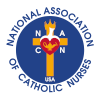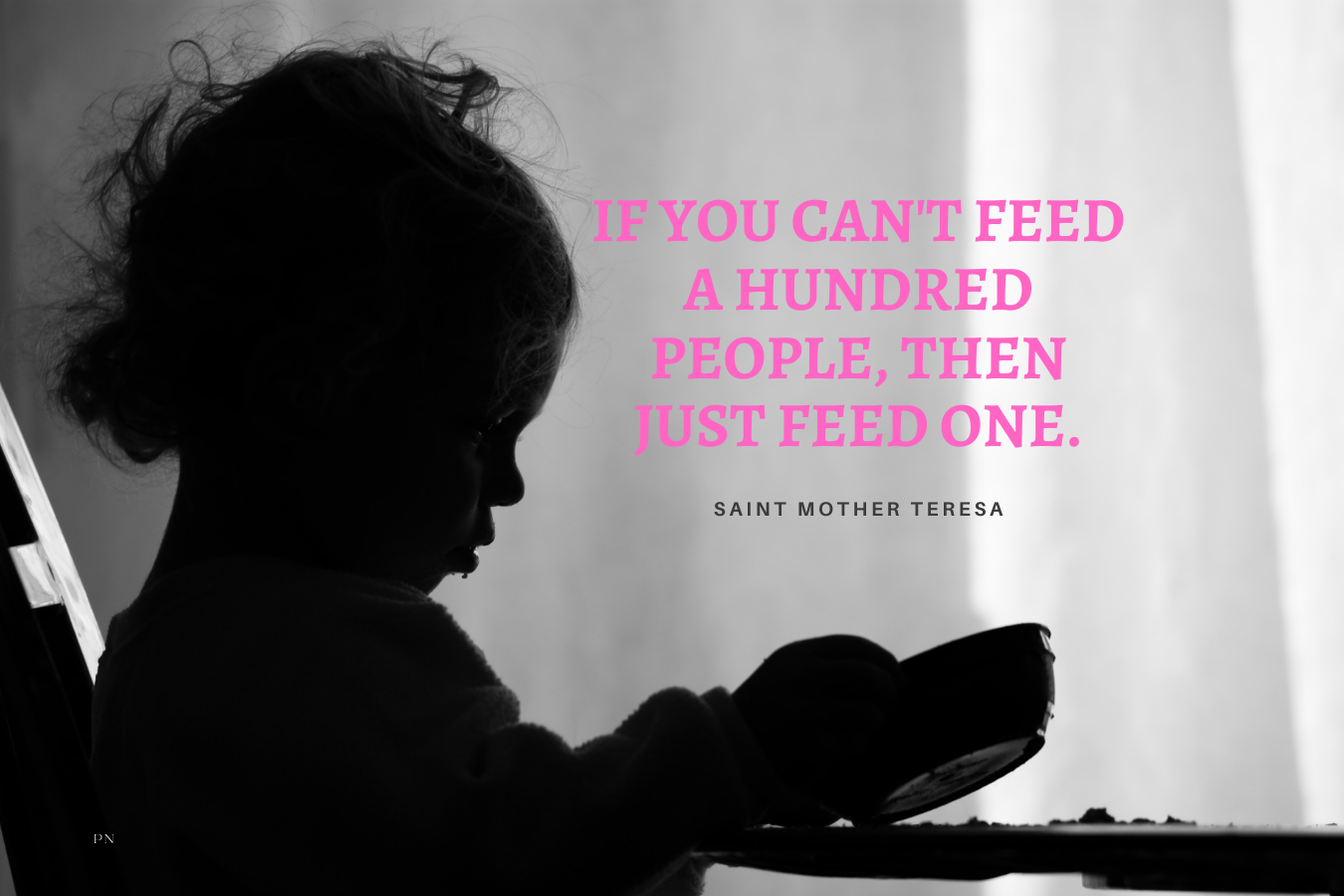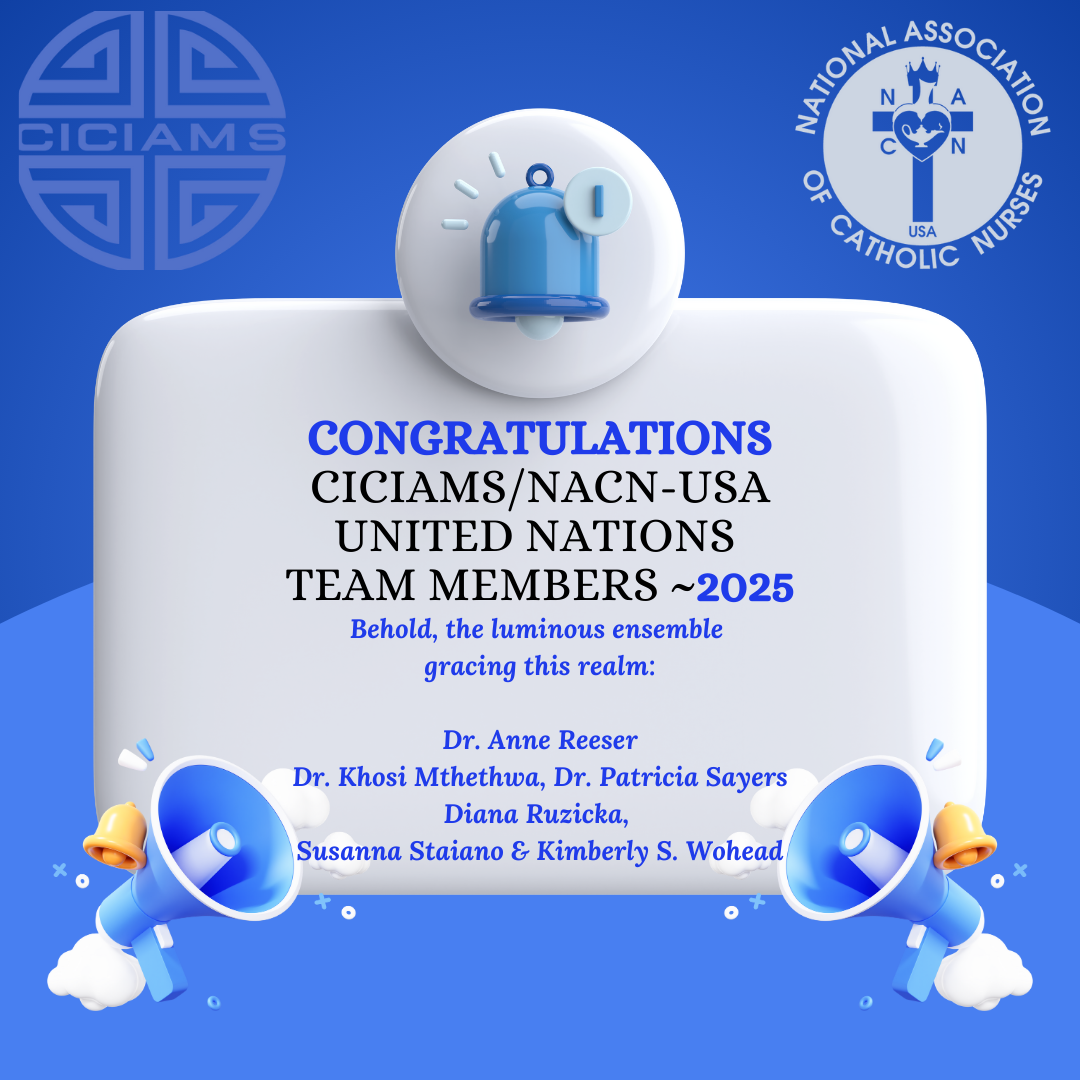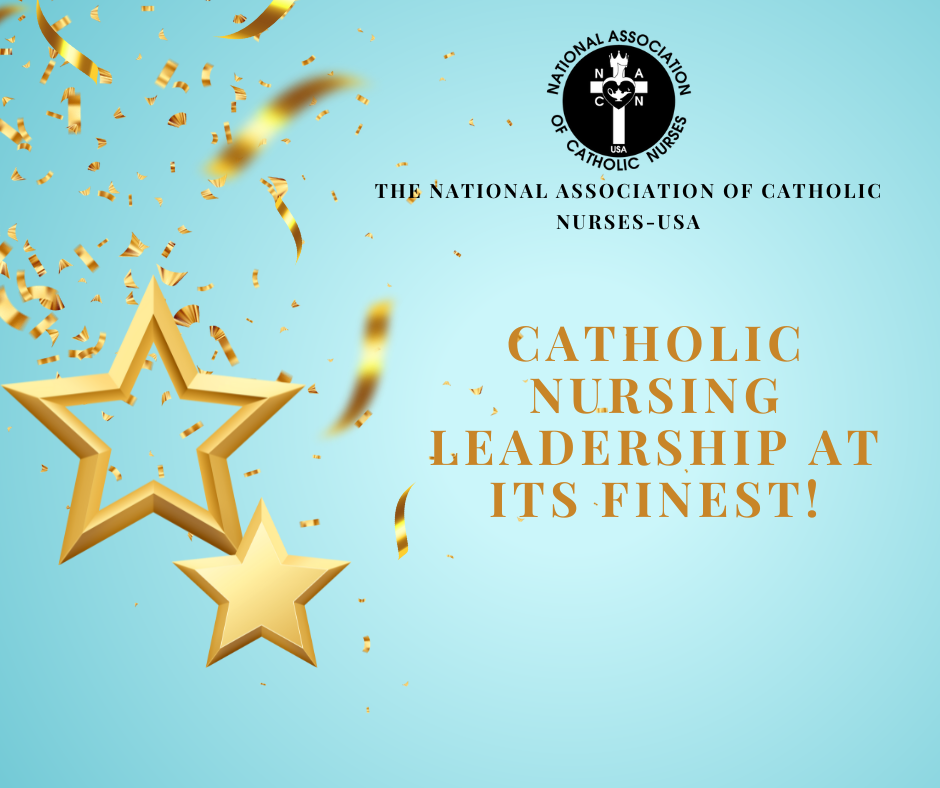
Oral Statement Presented by: Marian Nowak DNP, MPH, RN, FAAN
The International Catholic Committee of Nurses and Medico-Social Assistants (CICIAMS)
Comite International Catholique des Infirmieres et Assistantes Medico-Sociales
54th Session of the Commission on Population and Development
United Nations New York, New York April 19-23, 2021
Theme: Population, Food Security, Nutrition, and Sustainable Development
CICIAMS Representation Team: M. Arvonio, M. Nowak, and P. Sayers
Commission Chair, Distinguished Panel Members, National Representatives, and Guests:
During the first World Food Conference in 1974, Henry Kissinger made the famous statement “within 10 years no child would go to bed hungry”. Nearly 40 years latter a UN News report by Lend (2019) conferred that there is enough food produced to feed everyone of the 7.5 billion people in the world today. Despite the presence of a sufficient food supply, M.T. Cullen proclaims that, “over 2 billion people do not have regular access to safe, nutritious, and sufficient food”(Besheer. M., 2020). The World Bank reported (2021) that global food insecurity is not due to lack of supply but rather economic pressures, present pandemic, natural disasters, and conflict. Hunger and malnutrition continue.
According to the World Food Program (2019), 1 in 9 persons experienced hunger while 45% of deaths in children under the age of five years is caused by poor nutrition. At least one in three children under 5 years are not receiving adequate nutrition for optimum growth and development. Statistically, higher rates of non-communicable diseases such a cardiac disease and diabetes are found among the poorly nourished. In addition, malnutrition weakens the immune system reducing “the capacity of the body to fight … infection by compromising various immune parameters (Duggal, Chugh, & Duggal, 2012).With a weakened immune system, an individual’s resistance to infections such as COVID-19 are diminished and infection side effects more severe.
As nurses we administer care to individuals, families, and communities in favorable conditions as well as during economic crisis, pandemics, natural disasters, and conflicts. CICIAMS nurse members consider global commitment to food access, food safety, and food quality a societal imperative.
According to the World Health Organization essential dietary components of a nutritious food supply include: proteins, carbohydrates, fats, vitamins, minerals, and water. Note: findings link COVID 19 severity and Vitamin D deficiency (Hancock, N, 2021). Essential nutrients need to be provided in a balanced food supply of compounds “the body can’t make or can’t make in sufficient quantity … for disease prevention, growth, and good health” (Ferreira, M., 2020).
Alex de Wal (2018) stated “famines strike selectively; it is the poor and politically excluded who are its first and principal victims, commonly its only ones …”(de Wal, 2018). To put an end to starvation and hunger, myths for example, that starvation is related to rapid population growth, must be understood as false. Famine related deaths are deceasing. Solutions to hunger, malnutrition, and starvation have diverse causes requiring innovative political remedies (Hasell, 2018).
A worldwide approach can ameliorate hunger and malnutrition. Recommended strategies include: community-based management of hunger and malnutrition; food waste reduction programming; sustainable farming; development of food banks; use of digital technology for planning; use of drones for delivering supplies; and ongoing education (World Renew, 2019; Grameen Foundation, 2019; World Vision,n.d. & Zipline, n.d).
Consider the words of Pope Francis then Saint Mother Teresa of Calcutta.
Pope Francis: “It is a scandal that there is still hunger and malnutrition in the world! It is not a question of responding to immediate emergencies, but of addressing together, at all levels, a problem that challenges our personal and social conscience, in order to achieve a just and lasting solution. May no one be obliged to abandon his or her country or own cultural environment due to a lack of essential means of subsistence!”
Saint Mother Teresa of Calcutta: “If you can’t feed a hundred people, then just feed one”.
Thank you on behalf of The International Catholic Committee of Nurses and Medico-Social Assistant members from the Africa, Asia, Europe, and Pan American Regions
Download PDF of oral statement
Presentation by Marian Nowak
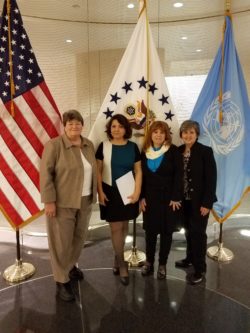
United Nations CICIAMS Nurse Delegates Dr. Patricia Sayers, DNP, RN; Dr. Mimi Nowak, DNP, MPH, RN, CSN, FCN; Patricia Staley, RN; Maria Arvonio, BSN, MA (HCE), RN
